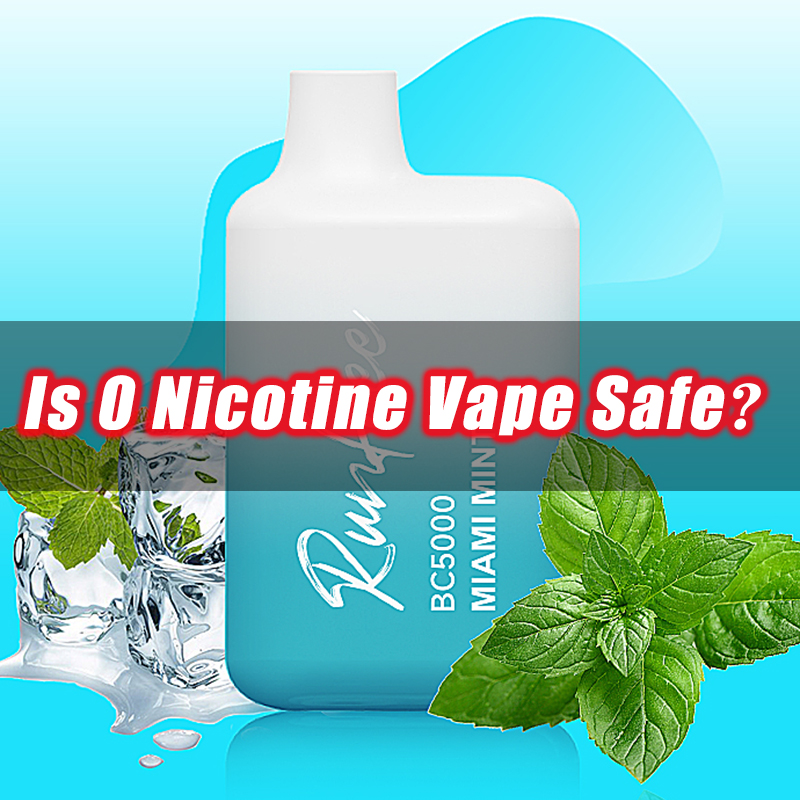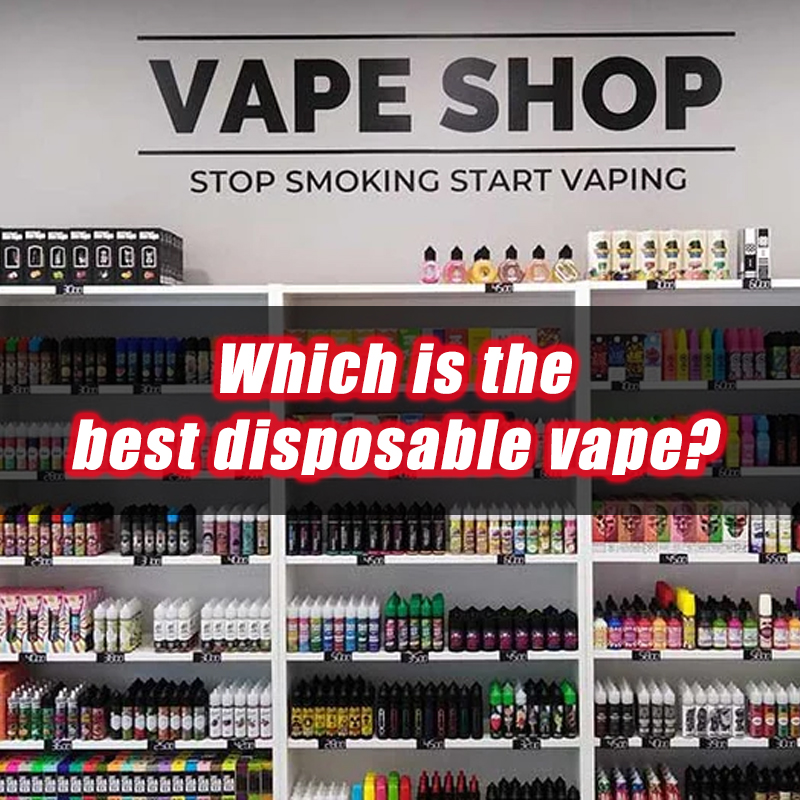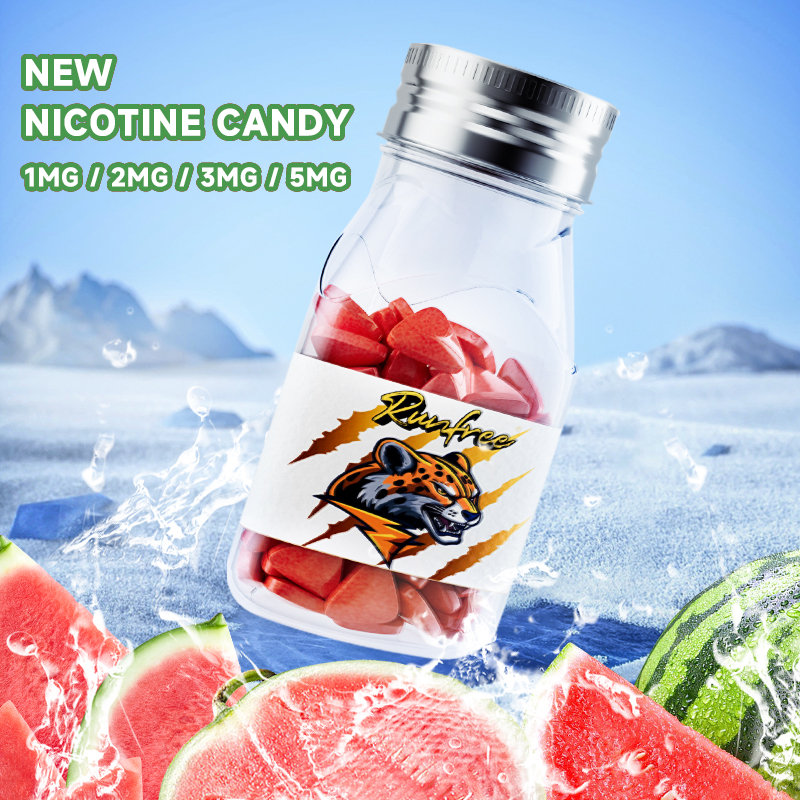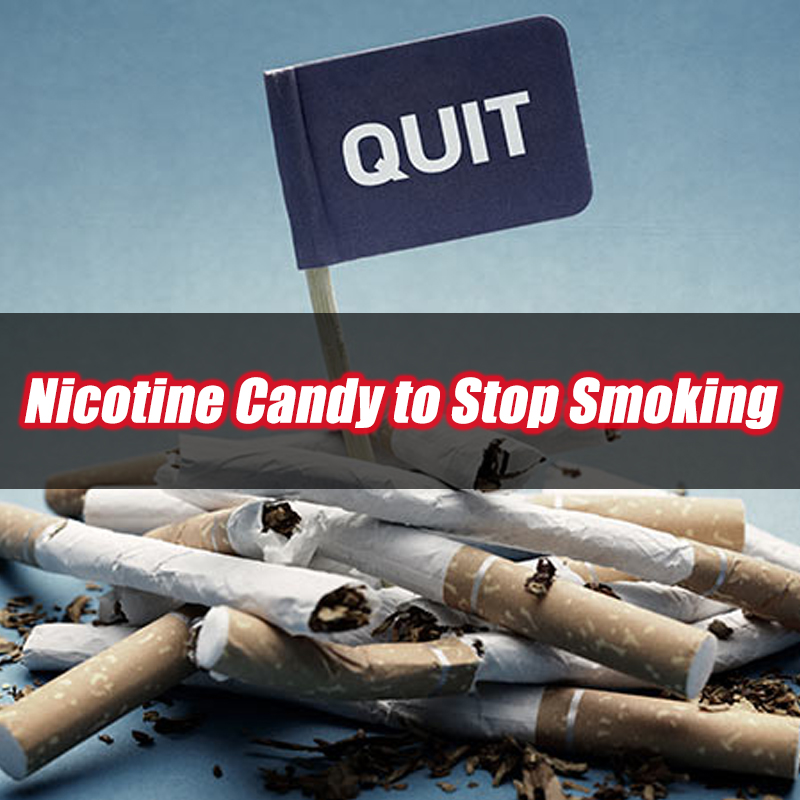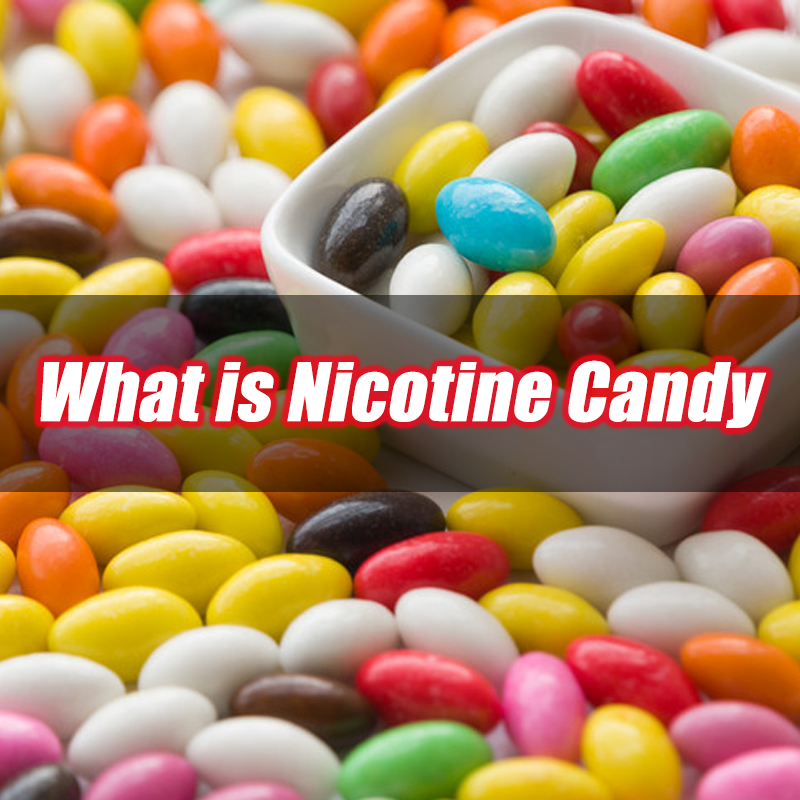2024 Iceland Snus Policy: A Comprehensive Overview
Introduction
Germany has always maintained a balanced approach towards tobacco and nicotine regulation, with a strong focus on public health and consumer safety. In 2024, the German government implemented new policies for nicotine replacement therapies (NRTs), including nicotine gum. This blog will provide an in-depth analysis of the new policy, market trends, competitive landscape, and guidance on starting a nicotine gum business in Germany.
Overview of Germany’s 2024 Nicotine Gum Policy
The 2024 policy on nicotine gum in Germany is part of a broader strategy to regulate nicotine products. The government’s goal is to minimize health risks while ensuring that those looking to quit smoking have access to safe and effective alternatives. The policy outlines strict regulations regarding the production, sale, and marketing of nicotine gum.
Key Policy Highlights
Regulatory Approval: All nicotine gum products must undergo a rigorous approval process by the German Federal Institute for Drugs and Medical Devices (BfArM). This ensures that the products meet safety and efficacy standards.
Advertising Restrictions: Nicotine gum can only be advertised in a way that targets adult smokers who want to quit smoking. The advertising of nicotine gum in media accessible to minors is strictly prohibited.
Packaging and Labeling: The packaging of nicotine gum must include clear information on the potential risks and benefits of the product, as well as instructions for safe usage. Health warnings are mandatory on all packaging.
Sales Restrictions: Nicotine gum can only be sold in licensed pharmacies and must not be accessible to minors. Online sales are allowed but must comply with strict age verification processes.
Taxation: Nicotine gum is subject to a reduced VAT rate as it is classified as a medicinal product, making it more accessible to the general public.
Market Analysis
Consumption Trends
The demand for nicotine gum in Germany has been on a steady rise, particularly among adult smokers looking to quit smoking. In 2023, approximately 15% of smokers in Germany used nicotine gum as part of their cessation efforts. This number is expected to grow as public awareness of the health risks associated with smoking increases.
Market Size and Growth
The German nicotine gum market was valued at approximately €100 million in 2023. With a growing focus on smoking cessation and public health initiatives, the market is projected to grow at a CAGR of 5% over the next five years, reaching an estimated €130 million by 2028.
Consumer Demographics
The primary consumers of nicotine gum in Germany are adults aged 35-55, with a slight male predominance. There is also a notable increase in usage among women and younger adults aged 25-34, reflecting a broader acceptance of nicotine replacement therapies.
Competitive Landscape
Key Players
The German nicotine gum market is dominated by several key players, both international and domestic. These include:
Nicorette (Johnson & Johnson): The leading brand with a wide range of nicotine gum products in various strengths and flavors.
Niquitin (GSK): A strong competitor offering similar products with a focus on long-term cessation support.
Nicopass (Pierre Fabre): A popular option in the French-speaking regions of Germany.
Local Brands: Smaller companies producing generic nicotine gum at lower prices.
Market Share
Nicorette: 45%
Niquitin: 30%
Nicopass: 15%
Local Brands: 10%
Strengths and Weaknesses
Nicorette: Strong brand recognition, extensive product range, but higher prices.
Niquitin: Competitive pricing, strong focus on cessation support, but limited flavor options.
Nicopass: Preferred in specific regions, cultural relevance, but smaller distribution network.
Local Brands: Affordable pricing, localized marketing, but limited variety and lower brand trust.
How to Start a Nicotine Gum Business in Germany
Step-by-Step Guide
Market Research: Conduct detailed market research to understand consumer preferences, competitive landscape, and regulatory requirements.
Product Development: Develop or source nicotine gum products that comply with German regulatory standards. Ensure a diverse product range to cater to different consumer preferences.
Regulatory Approval: Submit your products for approval to the BfArM, ensuring all safety and efficacy standards are met.
Licensing: Obtain the necessary licenses to sell nicotine gum in Germany, including pharmacy licensing and online sales permits.
Distribution Network: Establish partnerships with pharmacies and explore opportunities for online sales. Ensure compliance with age verification and sales restrictions.
Marketing Strategy: Develop a marketing strategy that targets adult smokers, emphasizing the benefits of nicotine gum for smoking cessation. Focus on channels that comply with advertising restrictions.
Compliance: Ensure continuous compliance with all regulatory requirements, including packaging, labeling, and sales restrictions.
Potential Challenges
Regulatory Compliance: Navigating the stringent regulatory landscape in Germany can be challenging and requires thorough knowledge and continuous monitoring.
Market Competition: Competing with established brands like Nicorette and Niquitin necessitates a strong unique selling proposition (USP) and innovative marketing strategies.
Consumer Awareness: Educating consumers about your brand and the benefits of your products within the constraints of advertising regulations is crucial for success.
Conclusion
Germany’s 2024 nicotine gum policy underscores the country’s commitment to public health while providing a regulated environment for nicotine replacement therapies. For businesses looking to enter this market, a thorough understanding of the regulatory landscape, consumer preferences, and competitive dynamics is essential. With the right strategy, businesses can successfully navigate these challenges and capitalize on the growing demand for nicotine gum in Germany.
Data Analysis
Starting a nicotine gum business in Germany requires strategic planning, compliance with stringent regulations, and a deep understanding of the competitive landscape. By leveraging market insights, addressing consumer needs, and maintaining a focus on quality and safety, businesses can thrive in this growing market.
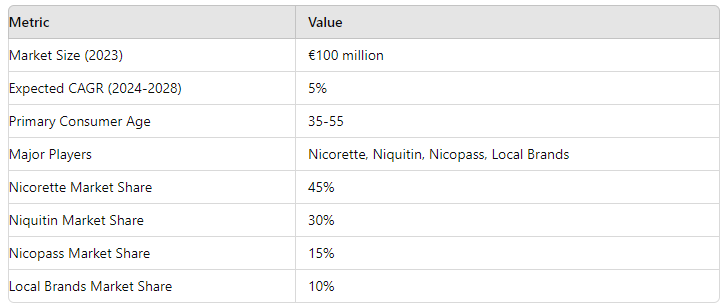

 Runfree Upgraded Big Puffs 25000 RGB LED Light Disposable Vape
Runfree Upgraded Big Puffs 25000 RGB LED Light Disposable Vape Hot Sale Runfree BC5000 Puffs Rechargeable Disposable Vape
Hot Sale Runfree BC5000 Puffs Rechargeable Disposable Vape Lung Smoking 15000 Puffs Disposable Vape With Display Screen
Lung Smoking 15000 Puffs Disposable Vape With Display Screen Adjustable power Dual Mesh Coil 8000 Puffs Disposable Vape
Adjustable power Dual Mesh Coil 8000 Puffs Disposable Vape Wholesale Big Puffs 30000 Dual Mesh Coil Disposable Vape Box
Wholesale Big Puffs 30000 Dual Mesh Coil Disposable Vape Box 2024 Hot sale Trend Flash light 15000 Puffs Disposable Vape
2024 Hot sale Trend Flash light 15000 Puffs Disposable Vape RF003 600 Puff 2ml Oil Disposable Vape With TPD CE
RF003 600 Puff 2ml Oil Disposable Vape With TPD CE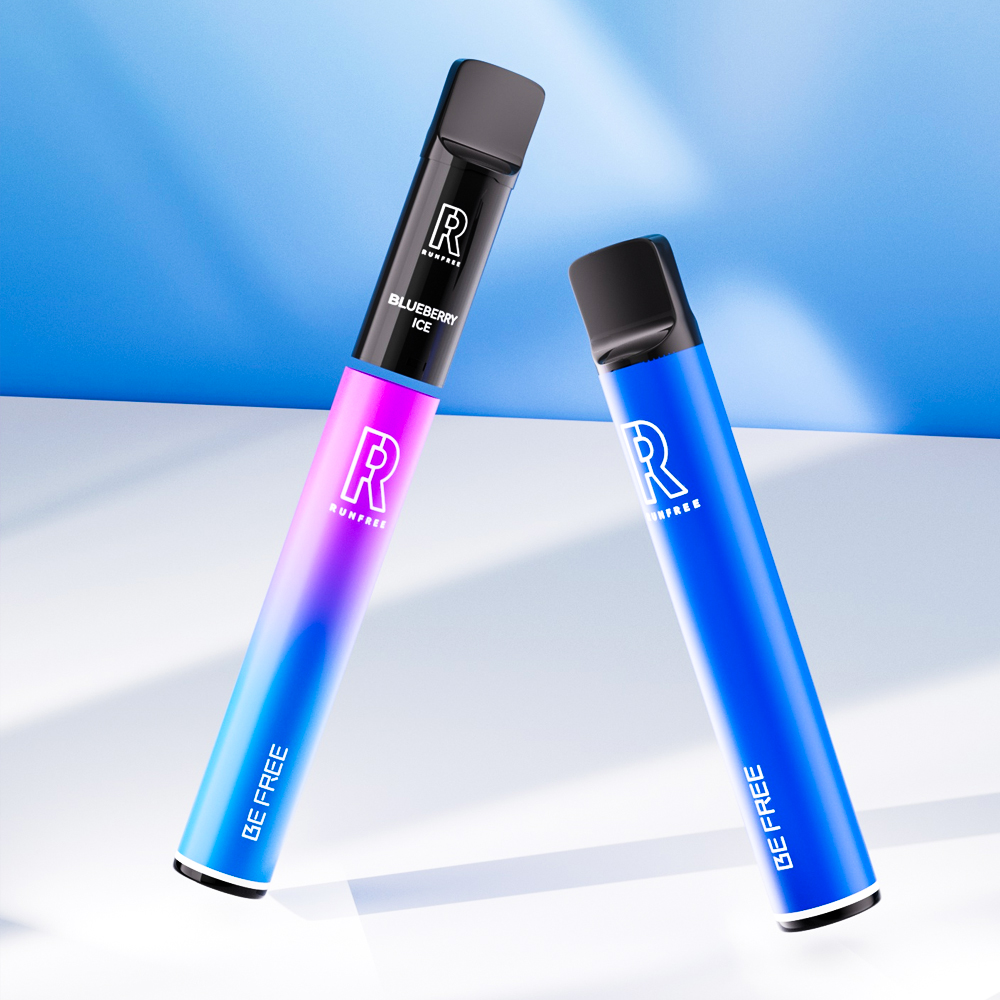 RF015 600 Puff Replaceable Rechargeable Light Disposable Vape With TPD
RF015 600 Puff Replaceable Rechargeable Light Disposable Vape With TPD Runfree RF008 8000 Big Puffs Trendy and cool Disposable Vape
Runfree RF008 8000 Big Puffs Trendy and cool Disposable Vape Runfree 2024 New Big Puffs 15000 Replaceable Disposable Vape
Runfree 2024 New Big Puffs 15000 Replaceable Disposable Vape Hot Sale 1ML Refillable Ceramic Core Disposable CBD Device
Hot Sale 1ML Refillable Ceramic Core Disposable CBD Device
